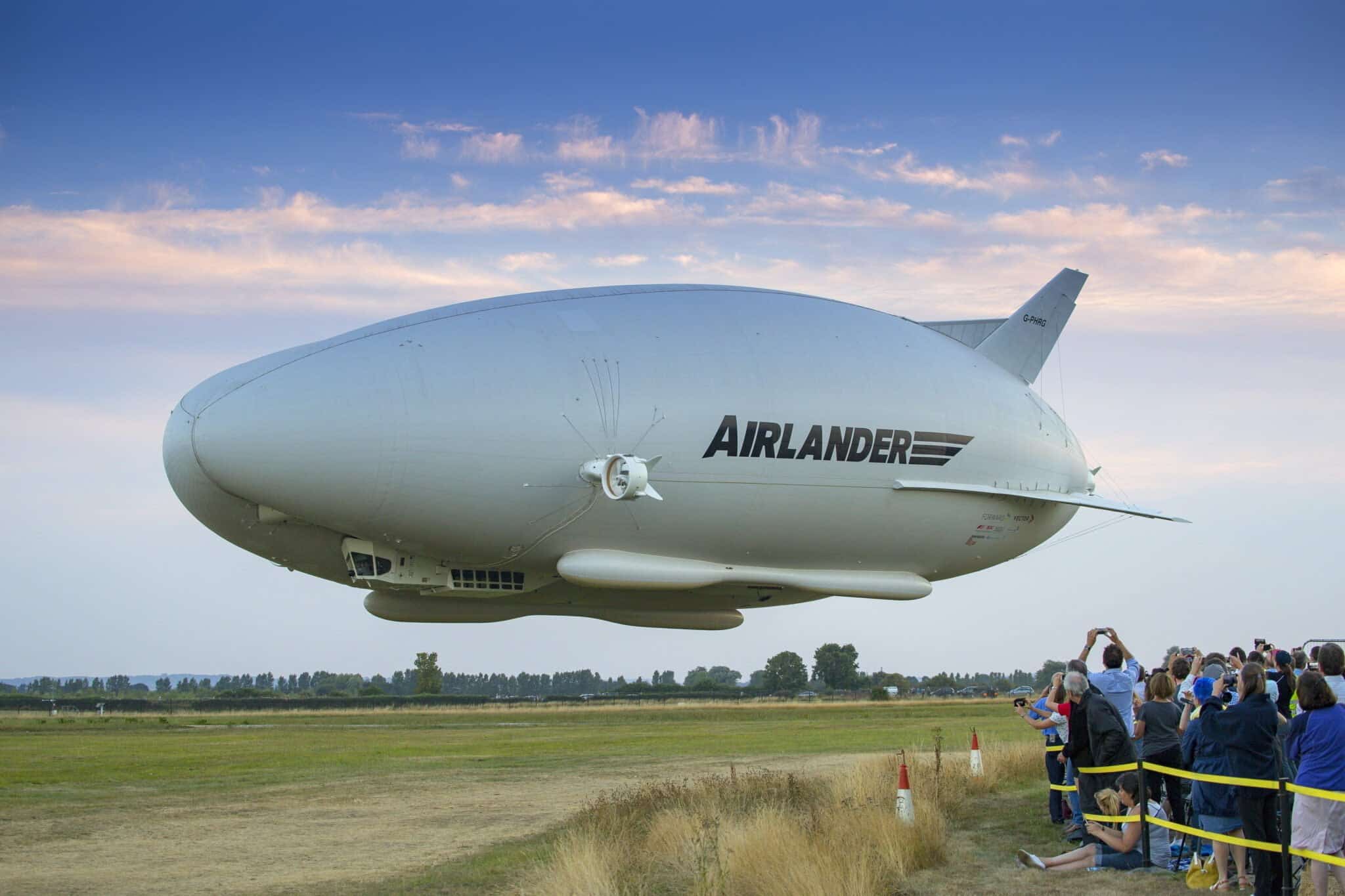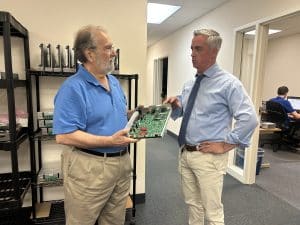Imagine you live in Philadelphia and must travel to New York City for business. You could take a short-hop flight and battle legions of other travelers clamoring to get through security, track down their Uber, or pack into the subway system after hours of waiting in lines. You could drive or take a train, but those options also come with their headaches. But you, being the savvy traveler you are, choose a leisurely option that bypasses all the hustle and fuss delivering you directly to downtown Manhattan. You have chosen to take an airship ride with Wi-Fi, a meal, and plenty of space to move around. Best of all, your journey ends with you disembarking on the one-hundredth story of a downtown skyscraper, mere minutes from your meeting destination.
If this sounds like science fiction, you might be surprised to learn that this idea was nearly implemented in the 1930s. The current height of the empire state building is partially due to the creation of a zeppelin mooring dock for transatlantic passenger travel via airships. The idea of using airships is not new, and with a bit of imagination, this concept can solve many of today’s travel, congestion, and logistics problems.
Throughout Pennsylvania, congestion has been growing, particularly on major thoroughfares such as Interstate 78 and Route 22. Much of the increase in traffic has been due to the growth of large distribution centers leading to more 18-wheelers on the roads. The resulting problems from all this traffic degrade the quality of life for our citizens, increase logistics costs due to delays, and can even stifle future economic growth.
Due to recent technological advances, airships have gained renewed interest as a potential transportation solution. Modern airships are more efficient and safer and can be used for everything from public transportation to freight hauling. Companies such as HAV, Lockheed, and Atlas LTA are developing airships for commercial, freight, and hybrid passenger-freight services expected to launch within the next decade.
Airships also have other built-in advantages over traditional aircraft. They use lighter than air gas for buoyancy, decreasing flight energy requirements and reducing the overall cost. Airships are also relatively quiet, cruising at an altitude of 20,000 feet and producing only 60 decibels of noise, the same level as normal conversation.
In addition to their potential use in transportation, airships could also be deployed during emergencies or following natural disasters due to their ability to hover. In contrast, traditional modes of transportation may need help to access the impacted areas due to damaged infrastructure or rough terrain. Airships can transport supplies, evacuate people, and provide a stable platform for rescue and recovery efforts.
Airships could also benefit residents of rural Pennsylvania, where public transportation can be limited. For example, airships could provide a convenient and cost-effective way for residents in these areas to travel to urban centers for work, medical appointments, and other necessities. In addition, airships could transport goods to and from rural areas, reducing the need for long-haul trucking and improving the efficiency of supply chains. There has already been some recent interest in using airships to benefit the logging industry where access to remote, rural areas is limited. The same concept could be applied in Pennsylvania to assist transportation and logistics, from commercial freight to agriculture.
Using airships could be the answer we are looking for to solve many of Pennsylvania’s transportation and logistics problems. With a bit of imagination, creativity, and development, airships may be a realistic option for public transportation and freight shipping in the state. The benefits airships may bring to our economy, our standard of living, and the future of Pennsylvania should be embraced.







